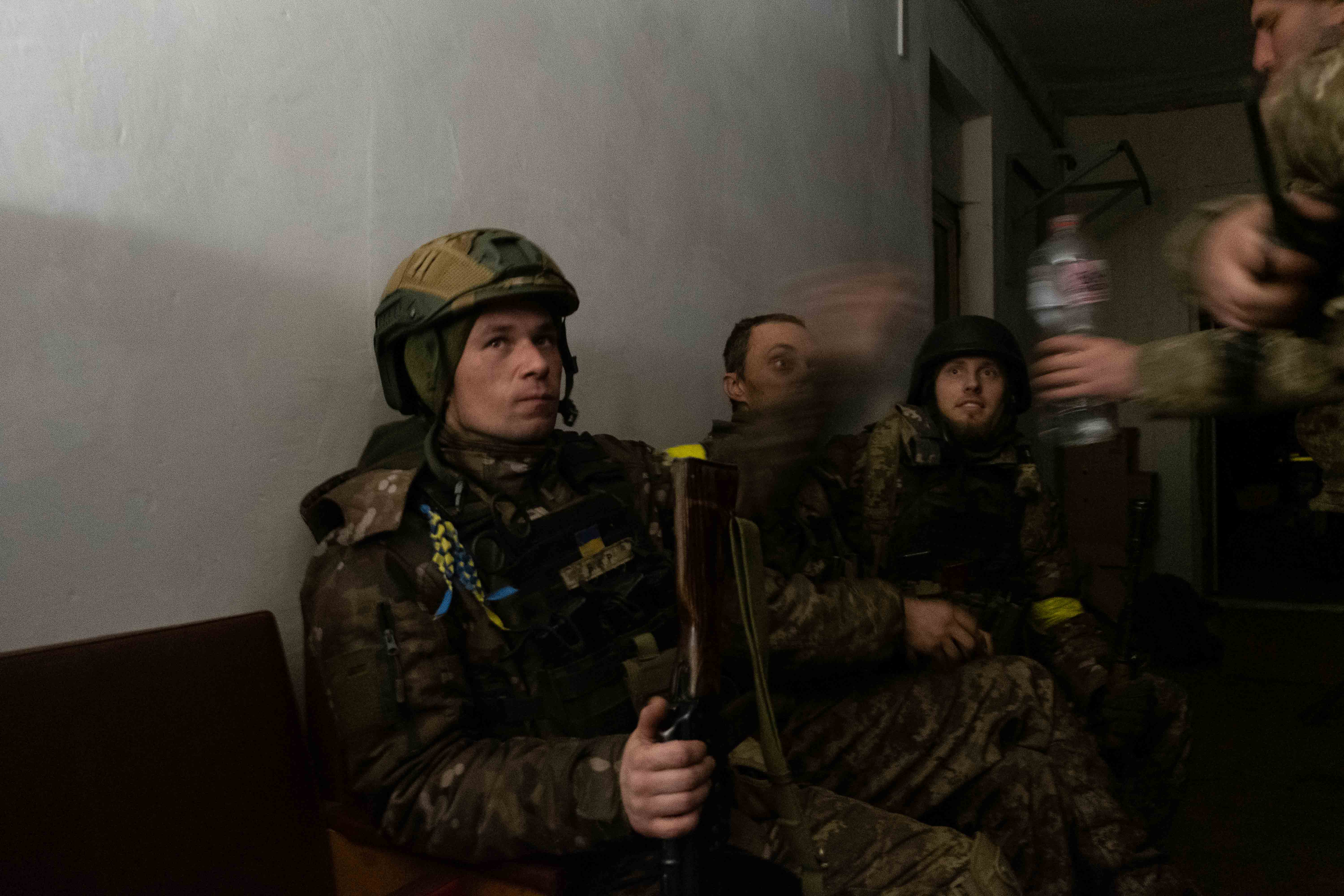Poll: 75% of Russians support war

An overwhelming majority of Russians continue to support the war either strongly or moderately (75%), with only around 20% being actively opposed, a Nov. 28 report by the Carnegie Moscow Center said, citing polling information from the Russian independent polling organization The Levada Center.
The figures have stayed remarkably consistent throughout the war, polling data has shown.
According to the report, "these numbers reveal that Russian society is not yet ready for tangible compromise with Ukraine."
At the same time, there were indicators illustrating that the level of support may be soft. Although the combined total of respondents supported the war, 45% said they "strongly" supported it, compared to 42% who said they were "generally" in favor. On average from August 2022- August 2023, around 50% of respondents said they were in favor of peace talks.
This softness of support was coupled with the findings that the war had strongly depressed the general mood of the Russian population.
The drastic decline in public mood accompanied not the beginning of the war in February 2022, but instead came at the beginning of mobilization in September of the same year. The news of mobilization was associated with a drop in Russians saying they had a "good" general mood from over 80% to around 50%, but the decline was temporary, with the findings returning close to their previous highs as the shock of mobilization wore off.
In general, the report found that there was still a consistent level of passive support, which declined as the war most directly impacted Russians at home, either through mobilization or economic woes.
Despite all of these factors, Russians were across the board against the kind of concessions that could one day be a starting point for peace negotiations. A majority of respondents categorically opposed Ukraine's accession into NATO (76%) and the return of the illegally annexed territories of Luhansk and Donetsk (76%) and Kherson and Zaporizhzhia (68%).
There is also a significant feeling shared by those polled that Russia's losses have been too high for the country to give up now.
According to the report, "many (Russians) back government initiatives while recognizing the harm they are doing...(Russians) will submit to anything the government has decided."
"Even as the years have passed, Russian society still hasn’t been able to emancipate itself from the state."
The polls were conducted using face-to-face surveys of 1,600 people, selected on a nationally representative basis. The answer rate was similar to that of surveys conducted in the U.S. regarding electoral politics.











